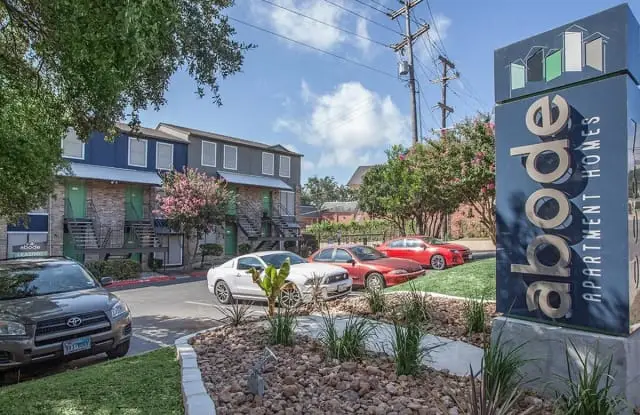Every real estate sponsor has a primary business plan when acquiring a multifamily apartment community. Whether it be repositioning the property through renovations to raise rents, advertising to lease up vacant units, or a combination thereof, the plan will become the centerpiece for driving value and strong returns at the property.
But what about the tenants? They’re just names on a rent roll, right? Wrong. So often, owners seem to forget that the community they just bought is more than numbers on a spreadsheet or names on a paper. In reality, tenants are the true lifeblood of your new purchase, and tenant feedback is how you keep that blood pumping. Listen to them, treat them well or they will leave, and the rest of your plan will fall apart.
The Customer is Usually Right
In traditional sales, they say that the cost to acquire a new customer can be up to five times as costly as retaining an existing customer. While that may hold true for many industries, it could be argued that with multifamily real estate, there is a very fine balancing act between attracting new tenants and retaining them, with retaining sometimes costing much more. Where someone chooses to live is something that impacts them daily, and with an influx of new apartment construction all over the country, people have more and more choices every year. If you don’t adapt to the needs of your tenant base, they’ll look for other properties that will.
This is not to say that every single tenant request can or should be addressed without question. Feasibility will always be a consideration, both in terms of legal and budgetary constraints. They should, however, always be taken seriously as they provide direct insight into how people feel about where they live. They key is being open to listening and, as trends start to emerge, pivoting to ensure you put your dollars to work in the right places.
Perhaps you learn that several tenants did not renew their lease because a nearby, similarly priced property has a pool and yours doesn’t. Should you build a pool? Well, maybe. It may be that your property is much smaller, and a pool might be difficult to fit or the liability too great. You could look into service amenities, something we talk about often here.
But you can’t change what you can’t change, so the better question to ask is, “if people are leaving because of a lack of amenities, who specifically feels this way, and what else can we add that would provide them the most value?” At this point, having a firm understanding of the people that comprise your tenant base can go a long way towards answering this question effectively.
Gathering Intel
So how do you start actively pursuing tenant feedback on your properties?
First, think of your team. One of the benefits of hiring third party property management firms is that they are your boots on the ground, but perhaps more importantly, they are your ears as well. They handle the tenant application and screening process, all recurring maintenance requests, lease renewals, and even exit interviews, which gives them keen insight into the individuals that live in the community, their personalities and preferences. A good sponsor is aware of this, but a great sponsor instructs their management team to specifically be tracking tenant feedback, to be used to further improve where possible.
Tenant feedback as an initiative can be started even before closing. Before you take over the property, have the discussion with the seller or existing management team about who the tenants are. Are they young families with children? Do they work nearby, or primarily commute? How many have pets? Are there a handful of students? It’s important to track this makeup, more so than just having it roughly in your head.
The first step is understanding who they are, of course, but then you must understand what they want. There are various ways owners can get tenant feedback and hear from their tenants regularly. The most direct approach is asking them explicitly. Some sponsors have their tenants take surveys or questionnaires.
Does your property have a clubhouse or meeting place? Have your management team host a community event once or twice a month and take this opportunity to talk to tenants about their experience. This goes even further if you group this undertaking under an existing event, such as a renewal party. Simple events, with food provided, to encourage tenants to come, get to know the staff, maybe renew their lease at a special rate, and give feedback all in one shot are a great way to maximize how much value you get out of the experience.
If your plan is to improve things around the property to justify raising rents, wouldn’t it be useful to understand what specifically your tenants would be willing to pay more for if they had it? You may think what the property needs is upgraded pool furniture, but maybe the tenants would happily pay an extra $35-50 per month if you installed washer/dryers in their units instead. Use your dollars wisely, and spend them on what the tenants truly want.
It’s About Them, Not You
Remember, it’s your investment, but their home. Tenant feedback can help you make sure you spend your hard-raised dollars on the improvements they want to see. In the long run, this benefits them, and your bottom line in turn, the most.






